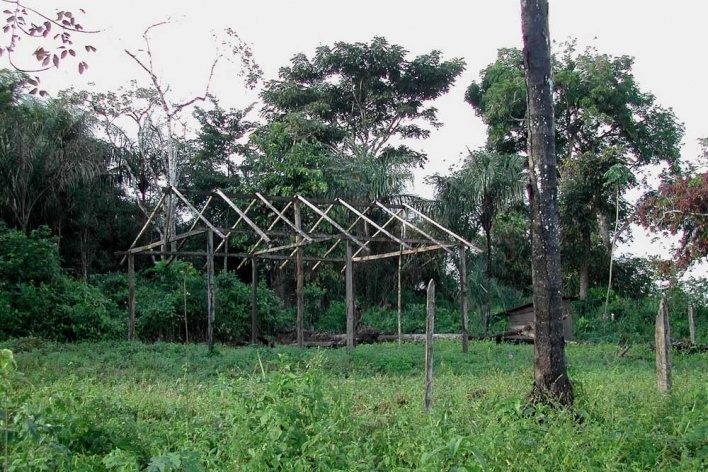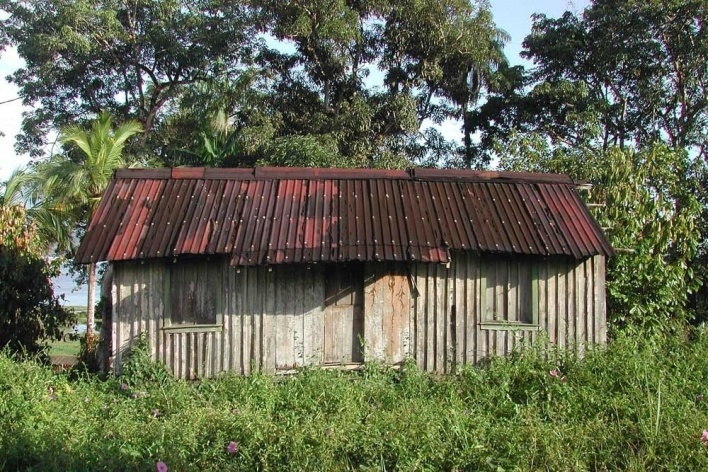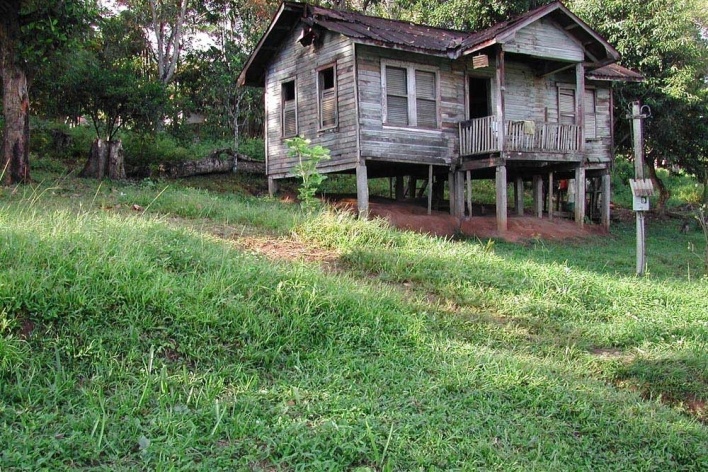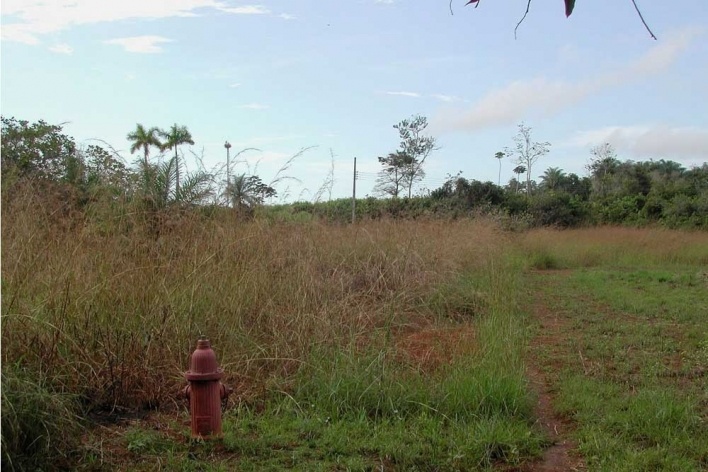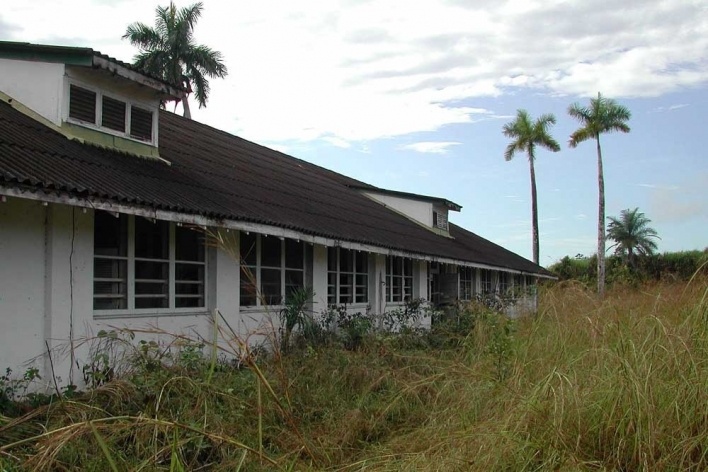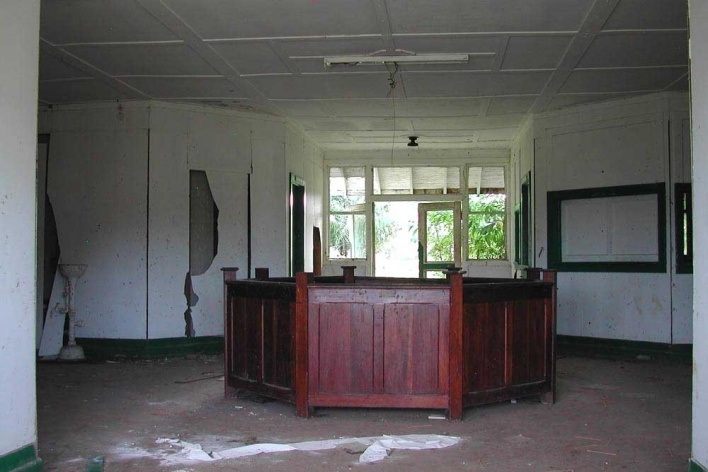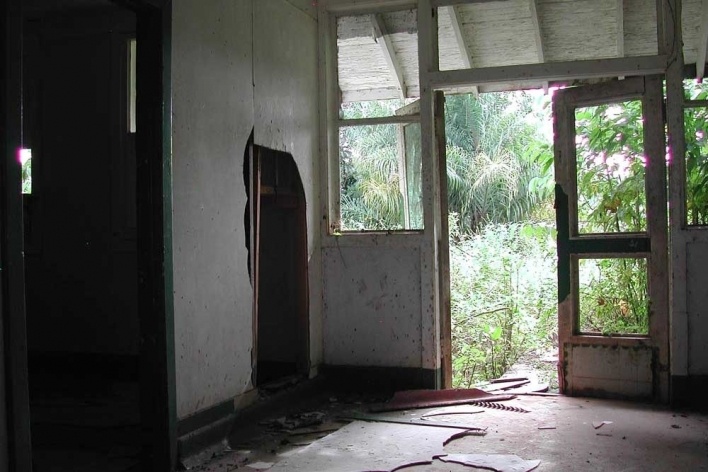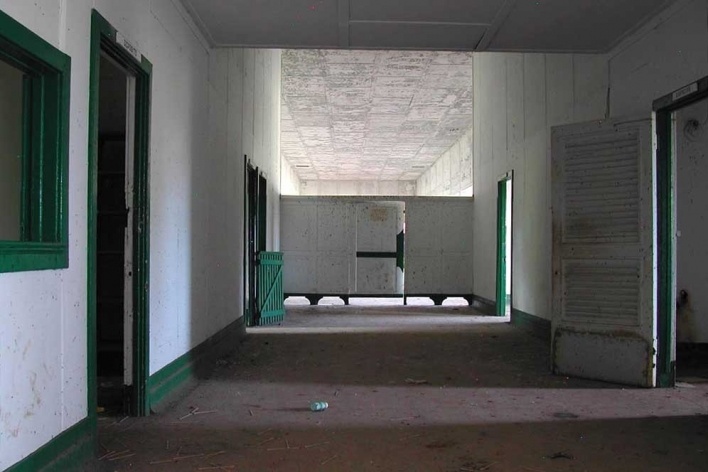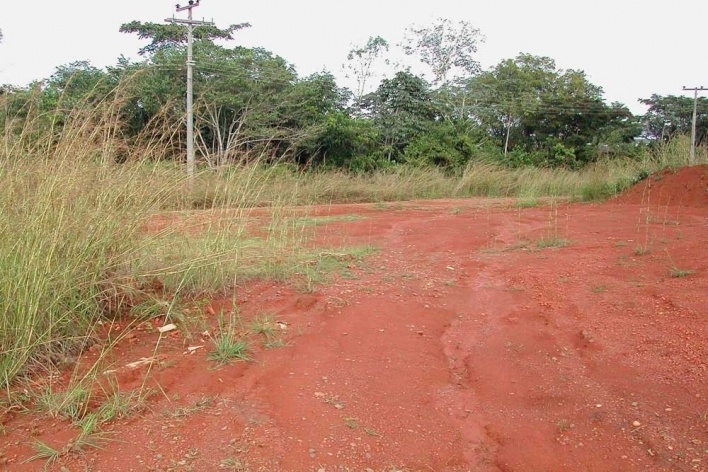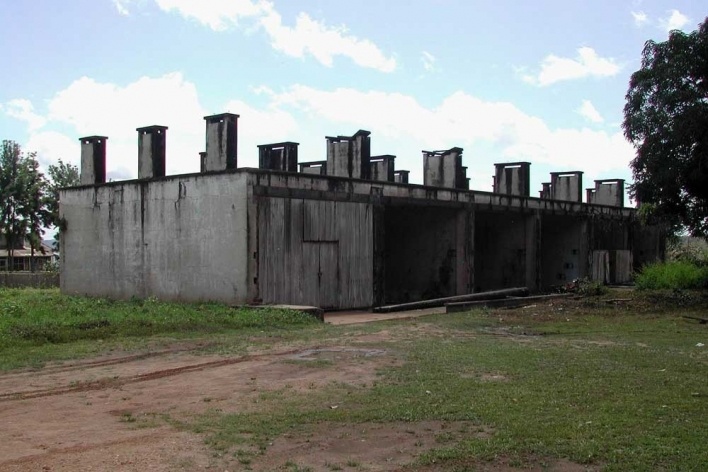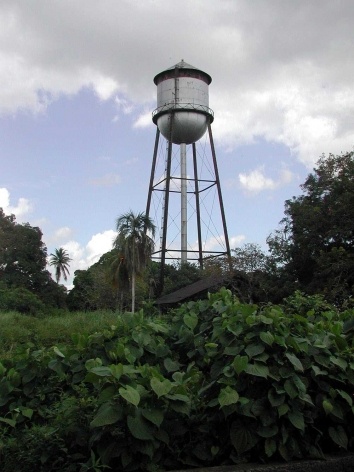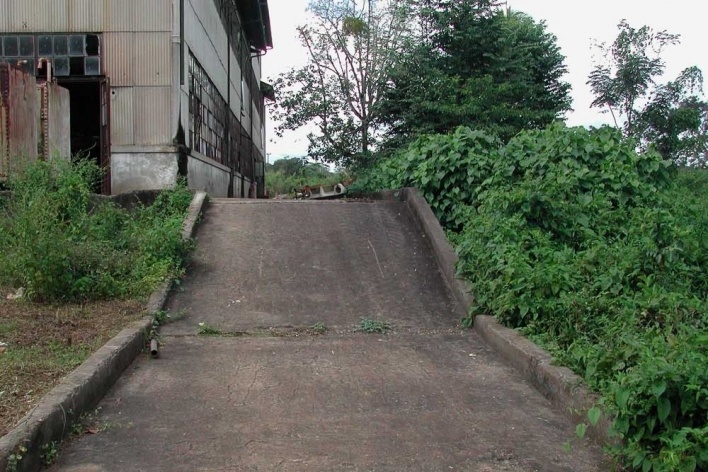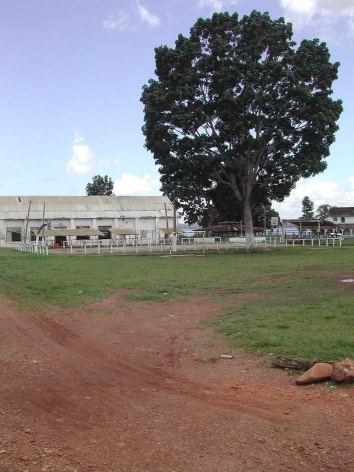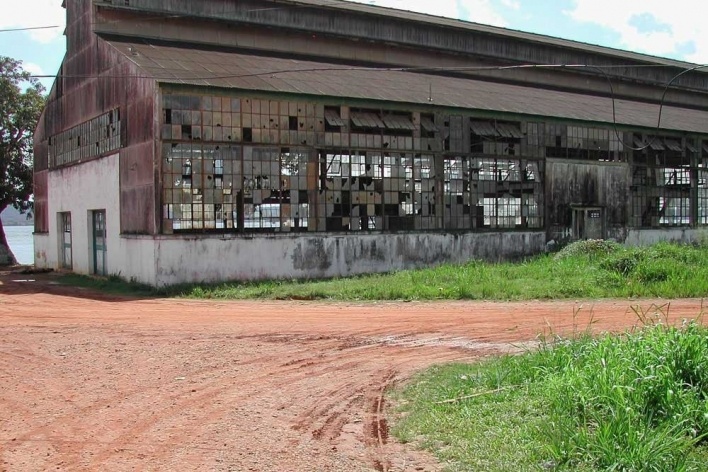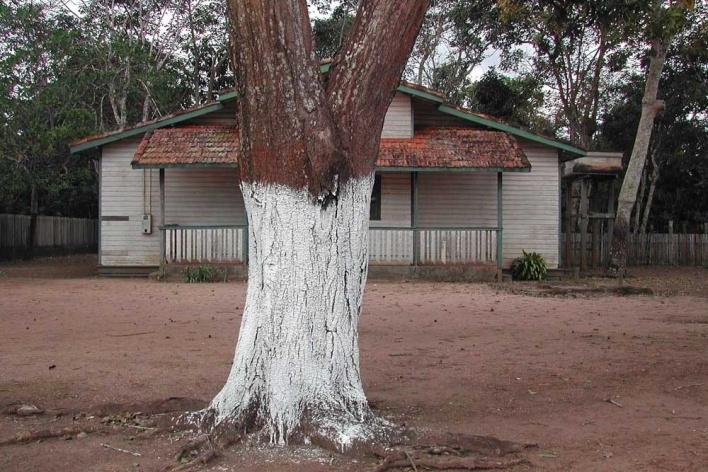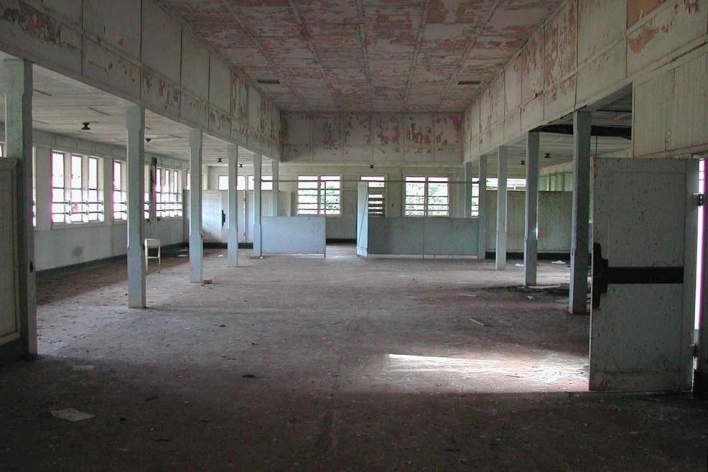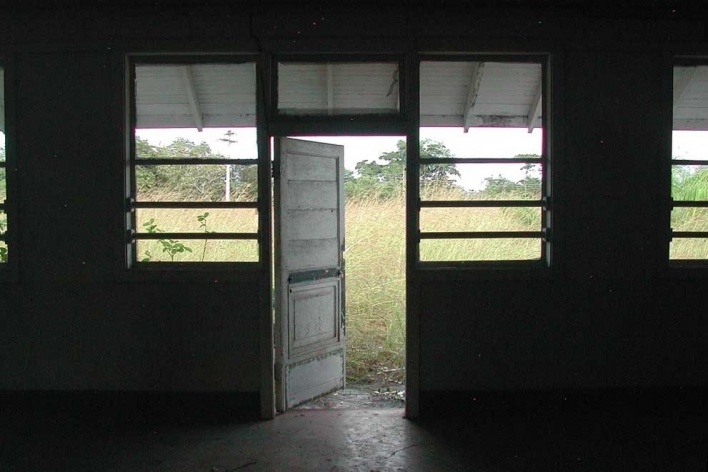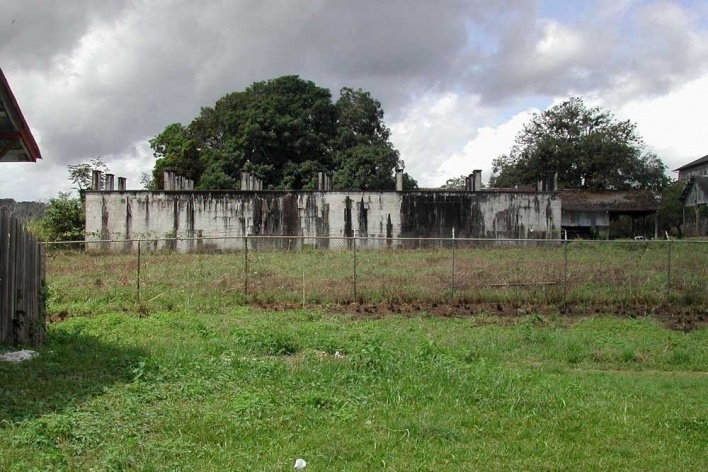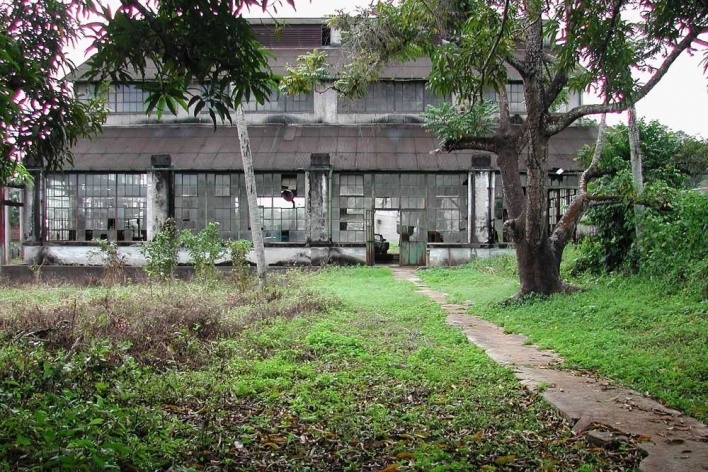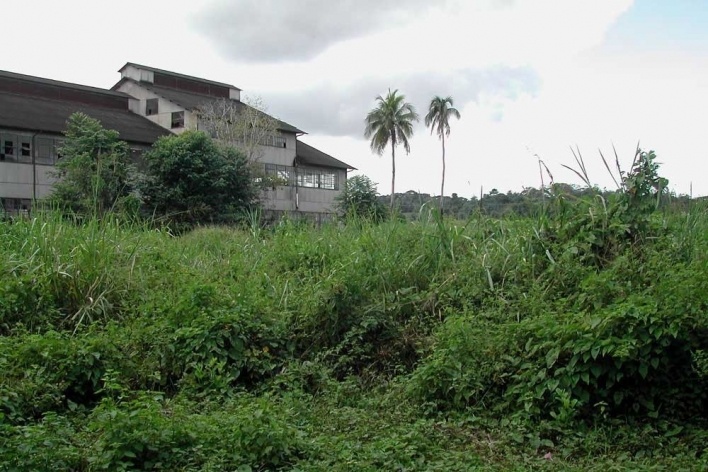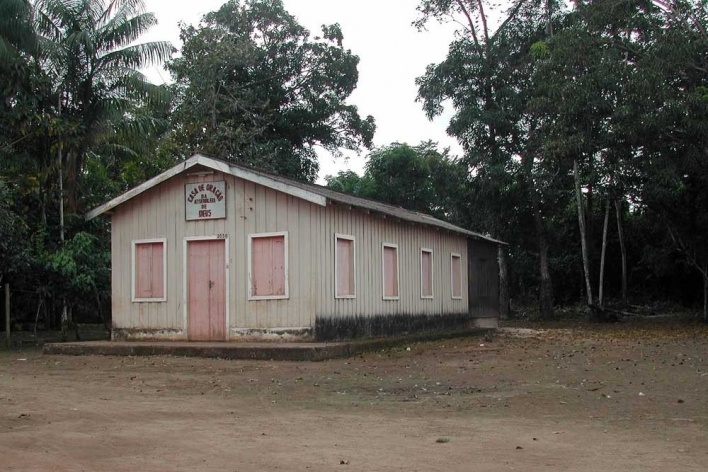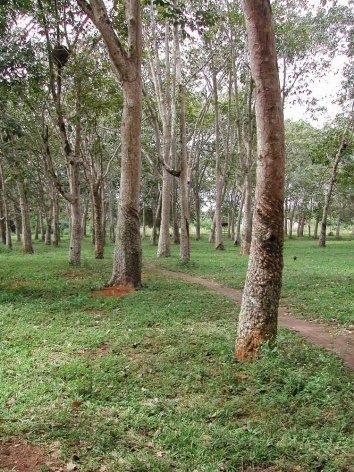Fordland is an elastic concept, an inclusivist term where all conflict between build and nature is a revealing of other landscapes. It is less the disturbance of an existing harmony and more the poetic side of the disastrous enterprises, the aborted discoveries, the failures in the jungle. It is a revelation of disagreements; complaint and exaltation as an investigation of the uncertain spaces between opposing values; it is architecture and landscape as opportune opposites, as arrhythmias forever dissonant.
No complaints to be done: this village does not correspond to readings like "civilization versus nature", which is the more obvious. That is, Fordland is less a disease illustrated by disorders like automobile and traffic jams, synthetic foods and cancer, and more an image useful for revealing nature eloquently. If she is "a term endlessly mutable, changing as our scientific conception of the world does, and best seen when meaning a contrast with something that is not considered part of her”, then we need something that can be considered its opposite to tackle it. Therefore all the aspects (apparently) negative of any artefact, and therefore the imbalance city / jungle to see nature as a concept away from the moralisms attached to her.
Fordland, then, is nature as something that simply does not exist without the city, without its destroyer, without its opposite. Or nature with her reluctant voids, her resistances and resignations, the frictions between occupation and expulsion, something that is always reacting to external provocations. Conflicts that generate new landscapes, architecture as a provocateur of new and wonderful conflicting landscapes par excellence. Example of construction and destruction, never of conservation: it is likely that the best futures of architecture lie precisely on the problems between city and nature – and not in the mere naturalization of nature.
about the author
Carlos M Teixeira is graduated at EA-UFMG and had his master in urbanism in the Architectural Association. He published the books “História do vazio em BH” (CosacNaify), “Espaços colaterais (cidades criativas)”, “O condomínio absoluto” (C/Arte), and is partner of the Vazio S/A office.




